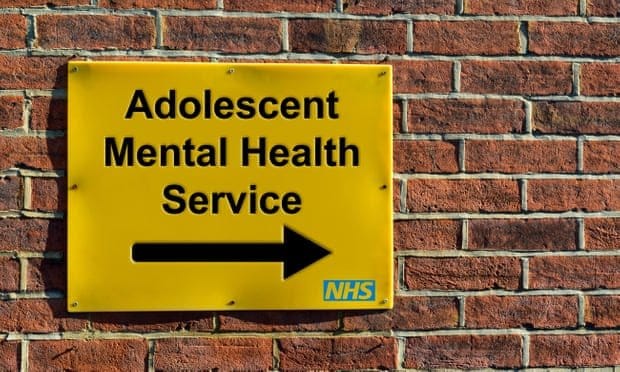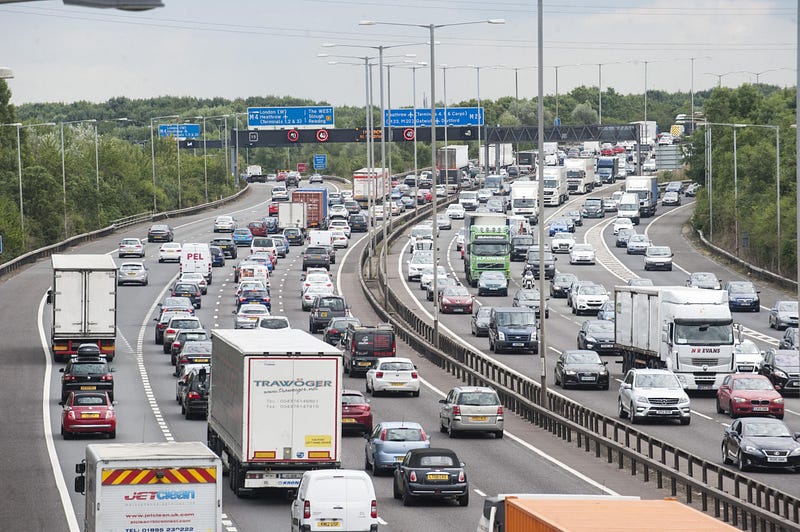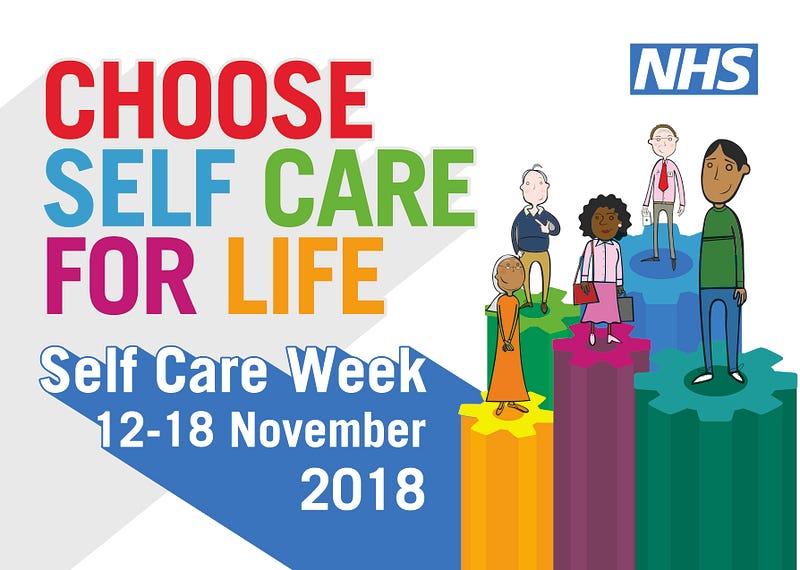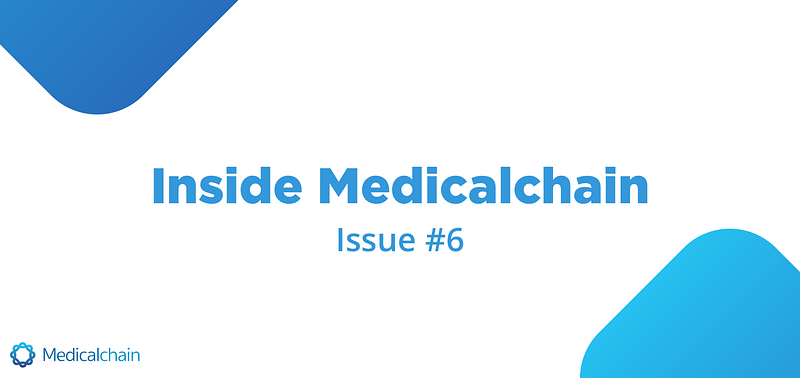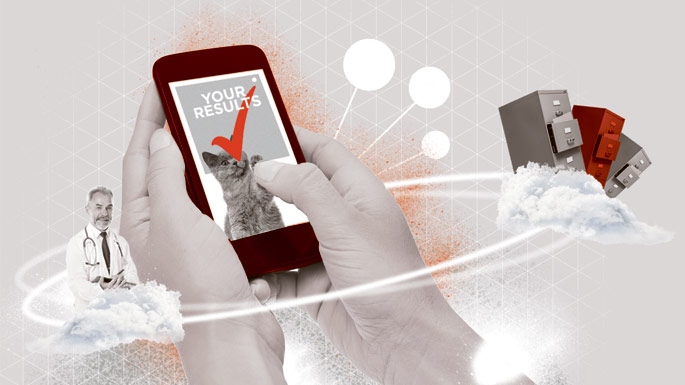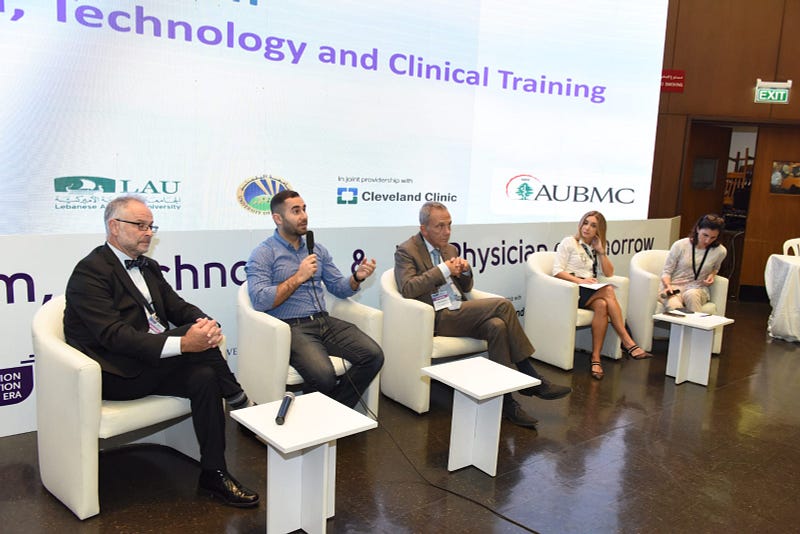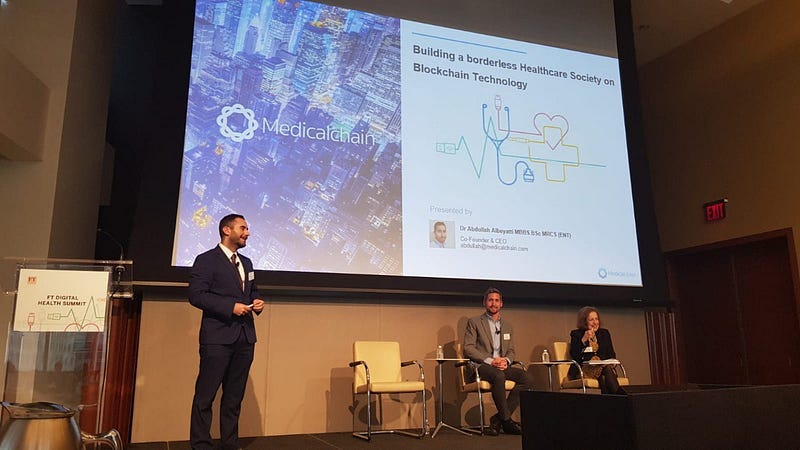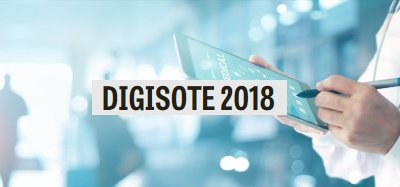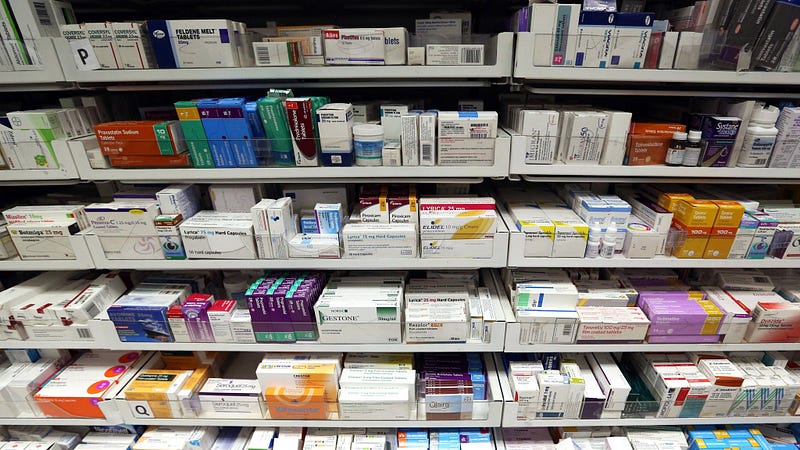
E-Prescribing for NHS Trusts
The UK’s Department for Health and Social Care has announced this week, that it will be providing £78 million to establish electronic prescribing and medicines administration (ePMA) systems in NHS Trust sites. There will be an initial share distributed to 13 selected NHS trusts, with a total of £16 million funding for 2018/2019 between them.
The reason for this decision is to move away from handwritten prescriptions which cause many issues within the system. Health Minister Stephen Hammond said, “As part of the long-term plan for the NHS, we not only want to harness technology to make it one of the most advanced healthcare systems in the world but crucially to improve patient care… The funding provided for these trusts will help to drive these changes to the patient experience, but will also aid our hard-working and dedicated staff… The introduction of electronic prescribing is not only known to reduce medication errors but also frees up time for staff by moving away from archaic systems.”
The benefits of ePMA systems include:
- The reduction in potentially deadly medication errors by up to 50% when compared with the old paper systems.
- The creation of a more complete electronic health record.
- Dispensers can reduce use of paper, have improved stock control, and provide a more efficient service to patients.
- Patients can collect repeat prescriptions from a pharmacy without visiting their GP, and won’t have a paper prescription to lose. In turn, freeing up GP time.
This is a great move to advance the UK’s health system for the benefit of service providers and patients alike.
A research body conducted by university academics from Manchester, Sheffield and York, identified more than 230 million medication errors a year that took place in the NHS. The report also stated that an estimated 712 deaths result from avoidable adverse drug reactions (ADRs). Furthermore, these ADRs could be a contributory factor to between 1,700 and 22,303 deaths a year.
Fiona Campbell, Research Fellow from the University of Sheffield’s School of Health and Related Research, said: “Measuring harm to patients from medication errors is difficult for several reasons, one being that harm can sometimes occur when medicines are used correctly, but now that we have more understanding of the number of errors that occur we have an opportunity to do more to improve NHS systems.”
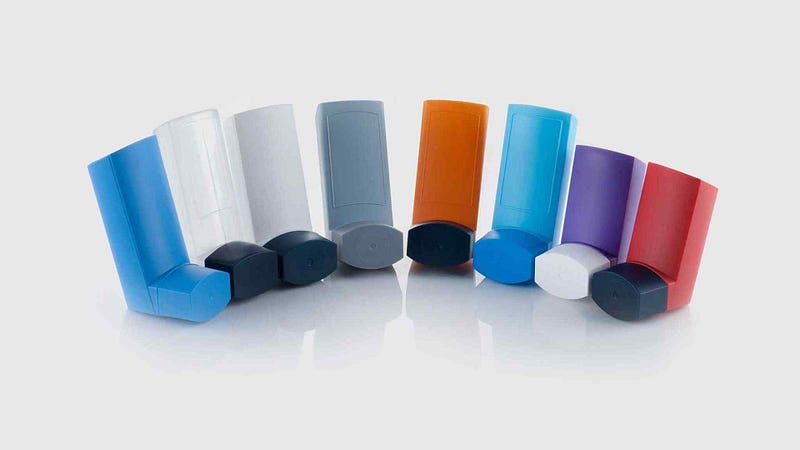
A personal case in point occurred recently. On a weekend away within the UK, I became aware that I’d forgotten to bring my inhaler with me. Usually, the asthma is not a problem, but there was a lot of heavy walking and a log fire involved which seemed to exacerbate the issue.
Upon attending a local pharmacy I came to an abrupt roadblock as the pharmacist refused to sell me an inhaler over the counter, instead insisting I give her a paper copy of my prescription.
If I didn’t have my inhaler I certainly wasn’t going to have my prescription with me, so I asked if she could make a discretionary judgment as I had no means of providing the prescription and I mentioned the NHS website, which says:
“If you urgently need medication, contact your prescriber immediately to arrange a prescription. If this isn’t possible, you may be able to get medicine from a pharmacist in an emergency, subject to certain conditions.”
This is when she also quoted the NHS website and relayed to me:
“You must have been prescribed the medicine before by a doctor, dentist, nurse independent prescriber, optometrist independent prescriber or other healthcare professional, who is registered in the UK.”
Here was the alleged issue – I had no evidence that I had been prescribed Salbutamol previously, other than knowing what it is and wheezing at her over the counter.
The next step was to call up my home GP and ask them to send evidence of my repeat prescription to the pharmacy. The GP uses a system called EMIS, the Pharmacy I attended used a rival software, TPP. Therefore both could not communicate with each other to verify my need for this inhaler whilst I became more breathless and wheezy as time went on.
The solution to the issue? (although it is perfectly legal for the Pharmacist to make a judgment call on a solitary inhaler to a wheezing patient, they are registered health professionals for a reason you know):
- I needed to register with the local medical practice
- Meaning I needed to consent to the medical practice obtaining all my previous medical records
- To then book an appointment to see the doctor
- To then wait another 2 hours to get to see the doctor- taking up her lunch time
- To obtain a prescription I already have on repeat
- To go back to the pharmacist that turned me away to get an inhaler
The entire process took over 3 hours all the while physically no better off, which proves the point even though anecdotally. The current system is archaic and not in harmony with the times we live. Almost everything is digital – even the local old man I bought wood to build a fence from accepts online purchases and Google Pay.
The utilisation of electronic prescribing will streamline the present health system and save the NHS financially, by limiting cases of litigation as a result of ADRs and wasted appointments at GP practices (inhaler). Patients will benefit by being able to avoid unnecessary trips to their GP and in having quick access to their medication upon a visit to any cooperative pharmacy.
By Medicalchain’s Tim Robinson



